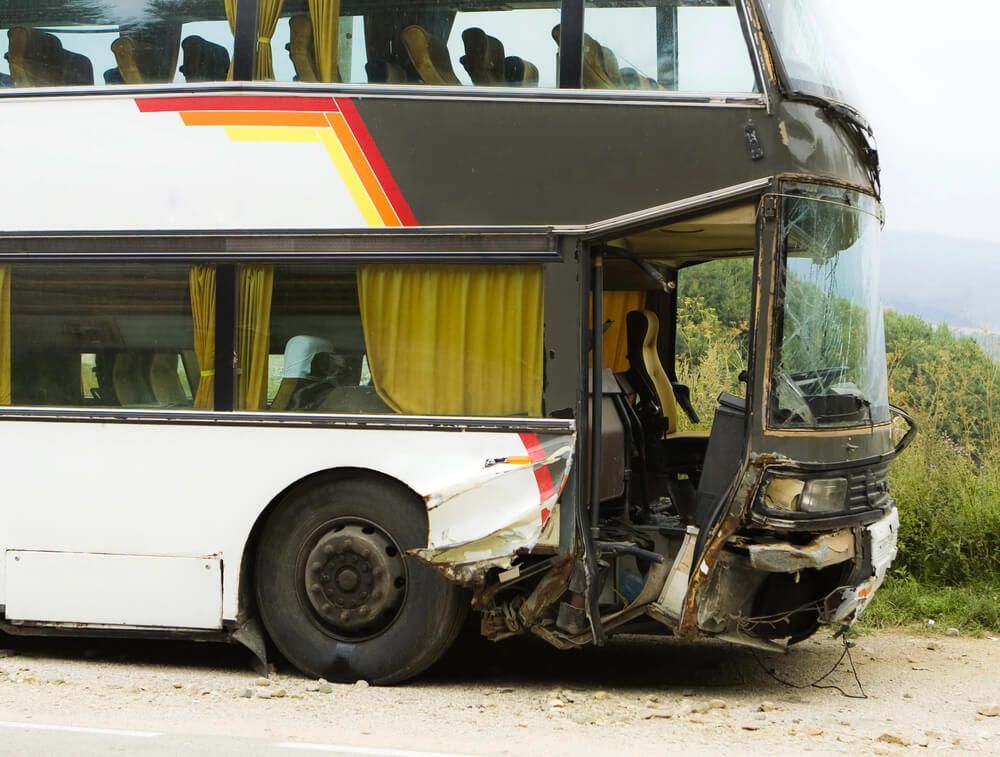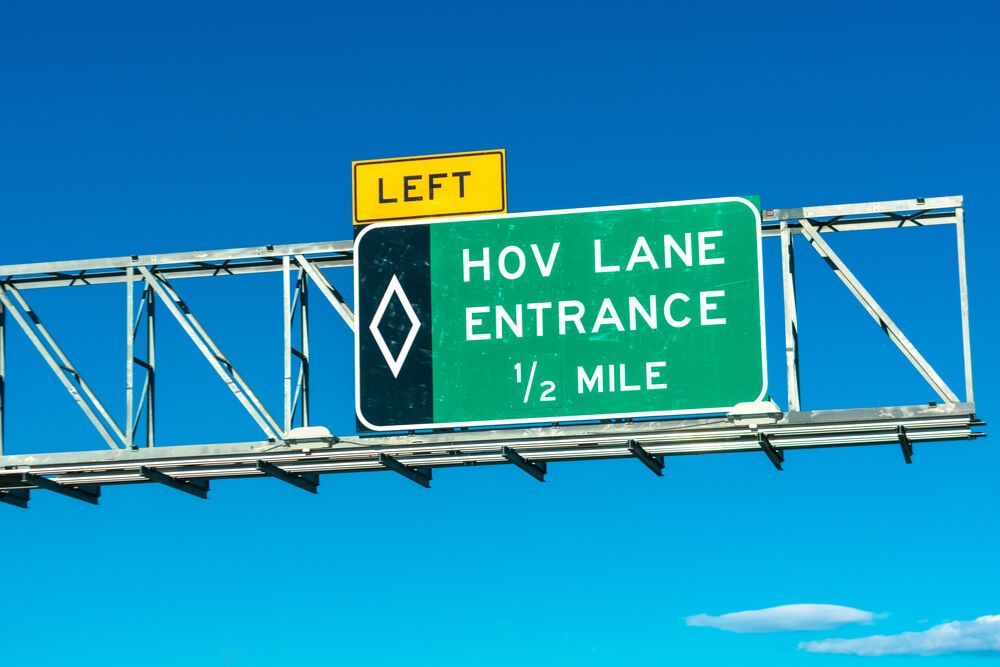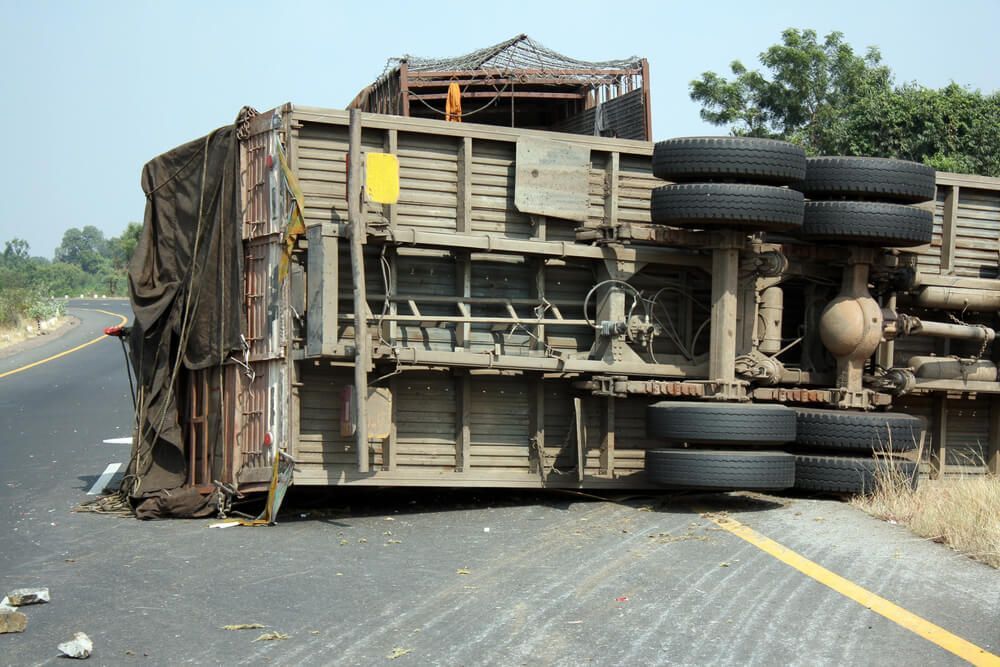Emergency Vehicle Laws in Arizona
Recent Blog Posts
Emergency Vehicle Laws in Arizona
Emergency vehicles have additional privileges on the roadway that everyday individual drivers do not. As emergency vehicles make their way to an incident scene or when they are already on the scene, other vehicles on the roadway must follow certain stipulations around them. These stipulations are written into Arizona law, and individuals can receive major traffic fines and even face criminal penalties for failing to follow them.

What Are Emergency Vehicles?
Emergency vehicles are defined under Arizona law as vehicles used for emergency purposes, including police cars, fire trucks, ambulances, and certain utility vehicles when responding to an emergency. These vehicles are equipped with flashing lights and sirens.
In some cases, tow trucks and roadside assistance vehicles may also qualify as emergency vehicles when responding to incidents on highways or busy roadways.
Arizona’s Move Over Law
One of the most critical laws related to emergency vehicles in Arizona is the Move Over Law. This law requires drivers to take specific actions when approaching a stopped emergency vehicle with flashing lights on the side of the road. Under this law, drivers must:
- Move over. If possible, drivers must change lanes to create additional space between their vehicle and the emergency vehicle.
- Reduce speed. If changing lanes is not feasible or safe, drivers must reduce speed to a safe and reasonable level while passing.
The Move Over Law applies not only to emergency vehicles but also to tow trucks, roadside assistance vehicles, and any vehicle displaying flashing hazard lights.
Yielding to Emergency Vehicles
Arizona law also outlines the actions drivers must take when an emergency vehicle is actively responding to an incident and approaching from behind with its lights and sirens activated. Drivers are required to:
- Pull over. Move to the right-hand side of the road as quickly and safely as possible.
- Stop. Come to a complete stop and remain stationary until the emergency vehicle has passed.
- Do not follow. Maintain a safe distance and do not follow the emergency vehicle, even after it has passed.
Exceptions to Emergency Vehicle Laws
While Arizona law imposes strict requirements for drivers regarding emergency vehicles, there are certain exceptions. For instance:
- Controlled intersections. At traffic signals, drivers are not required to stop if the emergency vehicle proceeds without disrupting the flow of traffic.
- Unclear directions. If an emergency vehicle operator signals for a driver to proceed rather than pull over, the driver must follow the direction given by the operator.
These exceptions are intended to ensure that emergency responders can effectively manage situations without unnecessary disruptions.
Penalties for Violating Emergency Vehicle Laws
Violations of emergency vehicle laws can lead to a range of penalties, depending on the severity of the infraction. Common penalties include:
- Fines. Monetary fines for failing to move over or yield can range from $150 to $1,000, depending on the circumstances.
- Driving record points. Violations can add points to your driving record, potentially affecting your insurance rates.
- License suspension. In cases of repeated offenses or accidents caused by a violation, your driver’s license may be suspended.
- Criminal charges. If a violation results in injury or death, drivers may face misdemeanor or felony charges.
If you’ve been injured in an accident by a negligent driver whom may have violated emergency vehicle laws, contact the experienced Phoenix, AZ car accident attorneys at Sargon Law Group.





